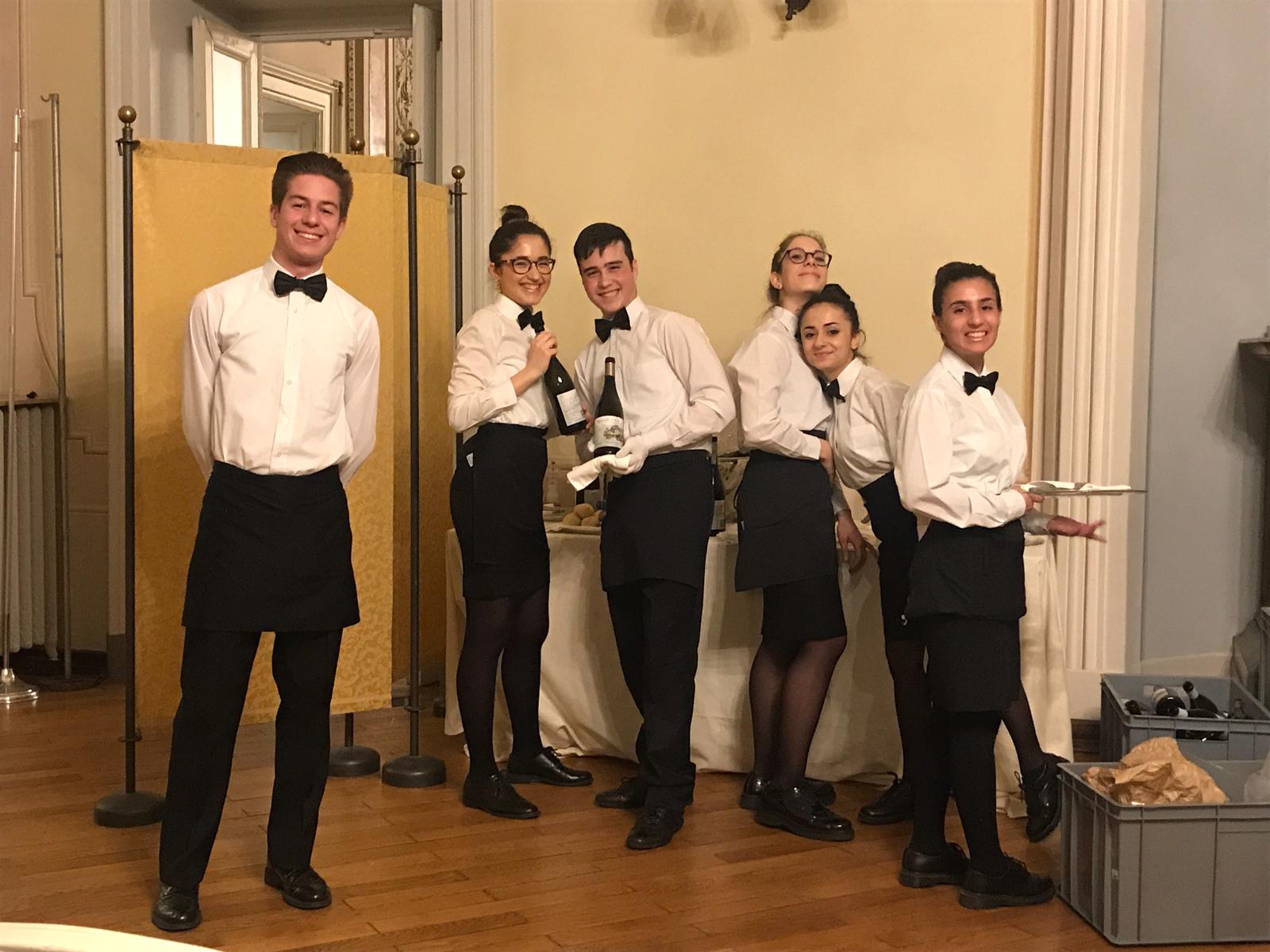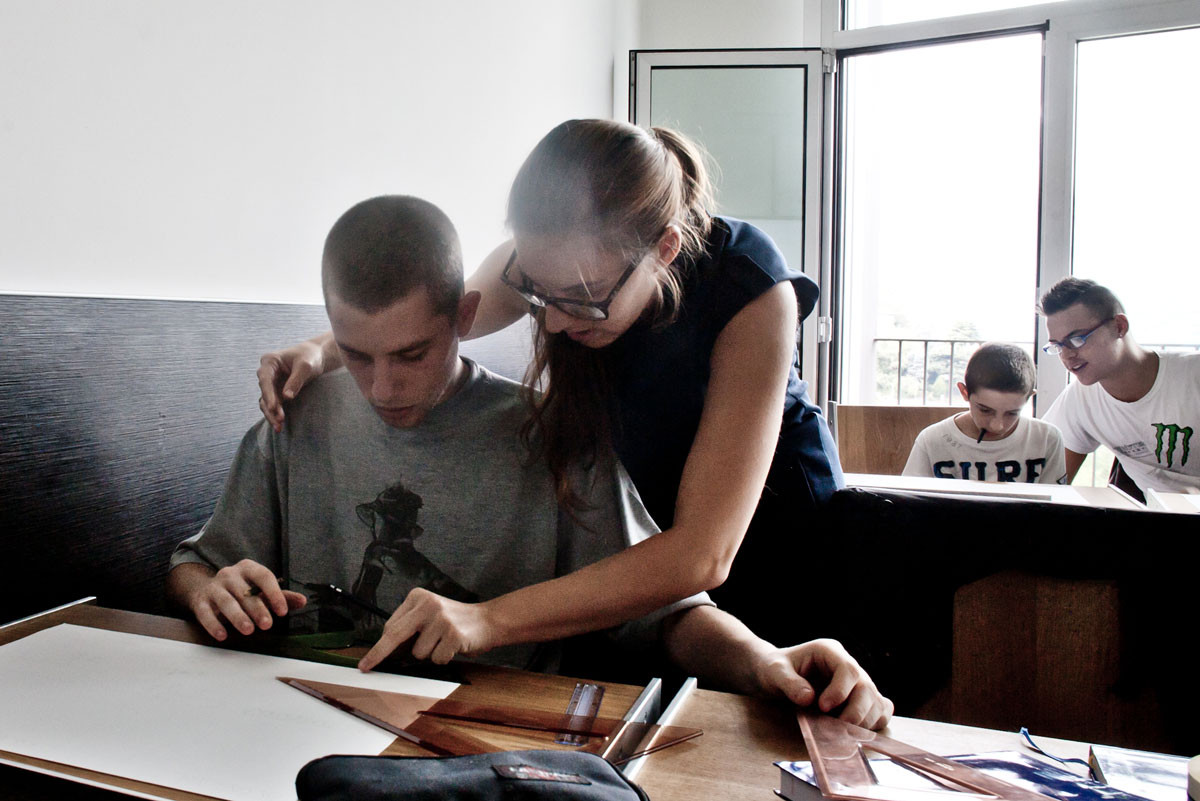
The school-work transition in EU is facing a number of challenges and new approaches are required to update teachers’ skills and empower students position themselves effectively into the world of work. The Erasmus+ KA2 project “Instruction” presents a novel tutoring model to support the transition from education to the world of work, as well as the lessons learned by its pilot implementation in five European schools.



